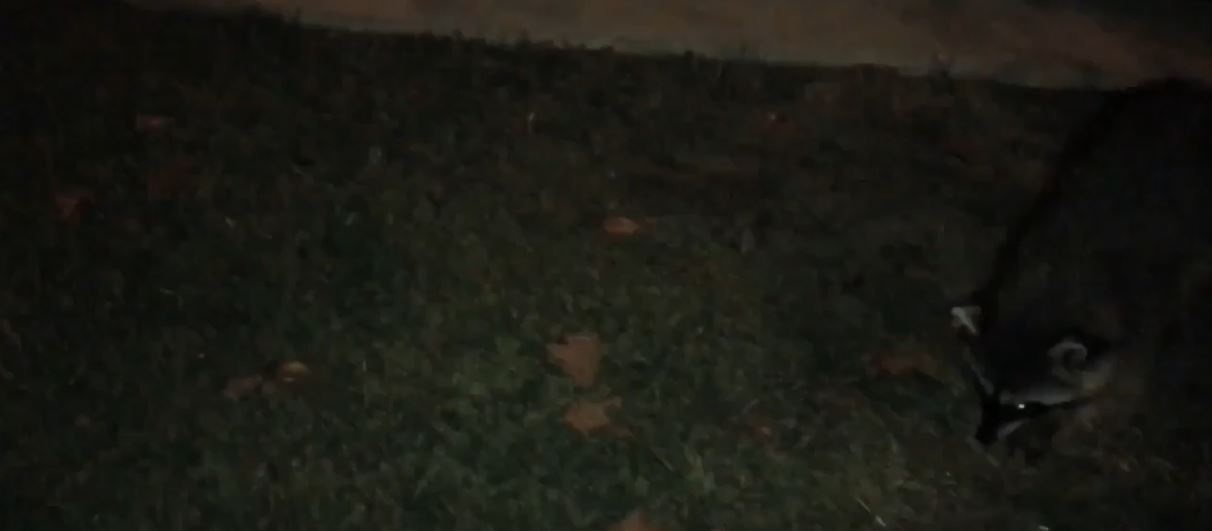Do Wild Animals Make Good Pets?

With all of the animals humans have domesticated over the years, it can be tempting to believe that a wild animal would make a good pet. After all, dogs and cats are domesticated versions of wild animals and you can find animals such as rabbits, mice, rats, and snakes in the wild or as pets. Despite this, wild animals never make good pets. Domesticated and wild animals are very different and when you attempt to keep a wild one as a pet, you will put both yourself and the animal at risk. In the best case scenario, the animal will be miserable; in the worst case, one or both of you will be seriously injured.
Legalities
Before you even start to consider getting a wild animal as a pet, you need to consider the legal issues. The majority of areas across the country have laws in place making it illegal to own a wild or exotic animal. Therefore having a wild animal in your home would put you at risk of a fine or jail time.
Providing Food
One of the very first challenges you will notice if you attempt to keep a wild animal as a pet is trying to feed it. Unlike domesticated animals, you can't simply go to the store and find a bag or can of food for a pet squirrel or raccoon. They have complex nutritional requirements and in order to meet those, you would have to put in a lot of time and effort. In some cases, you may be able to special order incredibly expensive food for the animal online, but that is not always an option. It is more likely that you would have to carefully collect the perfect balance of nuts, insects, or whatever else the animal in question eats. This can take hours out of your day since you won't know where to find the items.
Babies Become Adults
Yes, baby wild animals will be fairly calm and easy to handle, apart from providing them with food and around the clock care. The thing to remember, however, is that the babies will grow up and become adults. When this happens, their instincts will kick in and they will begin displaying destructive behaviors, possibly biting or scratching.
They Are Still Wild
Some people think that if you raise a wild animal from the time that it is a baby, it will be safe to keep as a pet, but it is not possible to accomplish domestication in a matter of months; it took centuries to domesticate cats and dogs. There are rare cases of tigers or other animals being raised from babies and getting along perfectly fine with their owners, but even then they pose a risk to outsiders. These animals are wild and have evolved to be self-sufficient.
Entertaining Them
Take a moment to think about how wild animals live. They are free to go wherever they want whenever they want with truly limitless options. As such, keeping them in a small cage within your home is inhumane. Even if you give the animal free run of your home, they will be in a more confined space than they would in the wild, and you would be increasing the risk of them causing damage.
Additionally, humans simply aren't able to entertain wild animals. In their natural environment, they may spend all day hunting or searching for food so when you remove this from their day, they have free time they don't know what to do with. This leads to excess energy and loud noises or destruction within your home.
Risk Of Disease And Injury
No matter how tame you think a wild animal is or how small it is, the animal will always pose a risk to the safety of you, your family, and your neighbors. Many wild animals carry disease, such as Salmonella, herpes B, and rabies. In fact, the CDC has linked Salmonella infections in humans to pet amphibians and reptiles, and those are domesticated animals; there is a greater risk of disease with wild ones as they have not been supervised.
Because the animals aren't used to captivity, they are also likely to display their natural instincts: biting, scratching, or fighting. This means that if you were to attempt to keep an exotic pet, you would soon find yourself with bites and scratches. There is also a risk that the animal will escape and hurt your neighbors, particularly in the case of tigers or other unusual animals typically only found in zoos when within population centers.
Threatening Their Survival
A final thing to consider is that when you try to keep an exotic animal as a pet, you are threatening its survival. An animal that lives in your home will have no experience hunting for its own food, looking for shelter, or protecting itself from predators. This means that if at some point you realize you can't care for the animal and release it, it has a very high risk of dying. The best option is to enjoy wildlife from afar and stick to domesticated animals for pets.
Read the How to get rid of skunks page for helpful information and to learn more about Do Wild Animals Make Good Pets?

